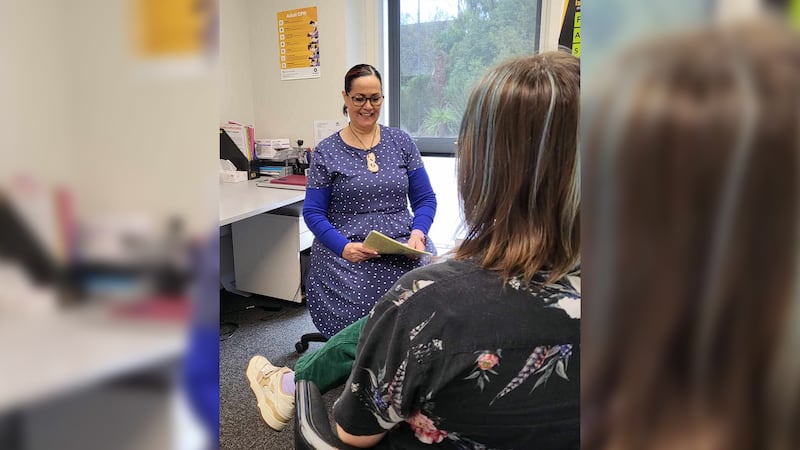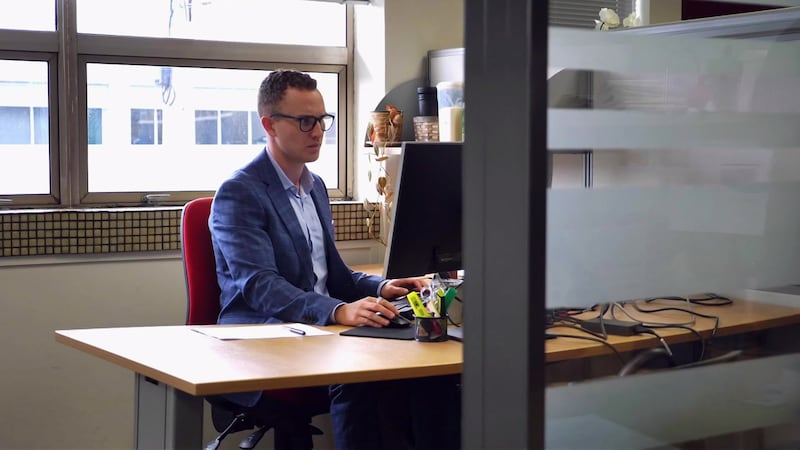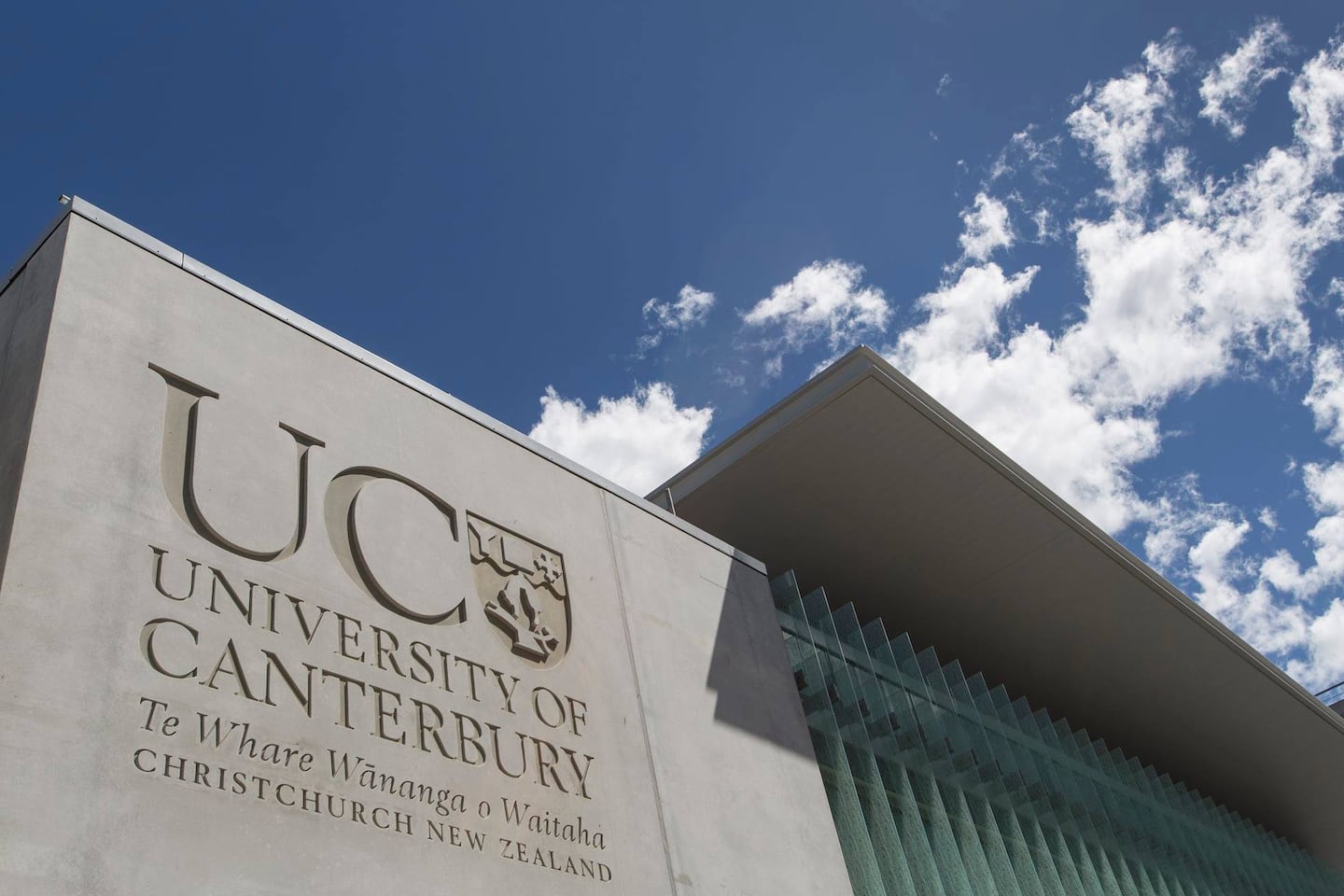Te Ao Māori News journalist Natasha Hill catches up with Whāngarei lawyer Keegan Jones and University of Canterbury kaimahi Dee Morgan and their initiative to run free legal clinics led by law students, who will earn credit while offering legal assistance incorporating te ao Māori principles at Rehua Marae.
Q. What is the main goal of the free legal clinics, and how do they aim to benefit the local community, particularly Māori whānau?
The goal of the free legal clinics kaupapa started to address access to justice across Aotearoa, particularly for Māori whānau, who are currently overrepresented in the justice system. By offering free legal services that are grounded in kaupapa Māori values, we aim to make the legal process more accessible, familiar, and culturally safe for whānau. These clinics are designed to tackle barriers to justice and provide a holistic, community-centred approach. We’re also open to partnerships with other groups across the motu who wish to establish similar kaupapa Māori-based clinics in their areas. Although our clinics are kaupapa Māori, our clinics are for all.
How are law students being prepared for their roles in these legal clinics, and what specific skills do they hope to develop through this experience?
First-time law students are provided with training on legal procedures, client interaction, and cultural competence, particularly in tikanga Māori through their legal paper run at the University of Canterbury. They work under the supervision of experienced duty lawyer, Dee Morgan, offering legal information and advice. Through this experience, students develop critical skills such as effective communication, client-centred legal analysis, and an understanding of the importance of culturally responsive legal practice. By engaging with the real-world challenges of clients, within a Te Ao Māori environment, students also gain insights into the systemic issues affecting access to justice, especially for our Māori whanau.
In what ways are tikanga and Te Ao Māori principles being incorporated into the legal assistance provided by the students?
Te Ao Māori principles are central to how we operate the clinics. Having the duty lawyer whakapapa Māori and conducting the clinics on marae grounds like Rehua Marae naturally supports tikanga Māori. This setting ensures that manaakitanga (hospitality) and whanaungatanga (building relationships) are integral parts of the legal assistance process. The marae environment fosters a sense of trust and safety for whānau, making it easier for them to engage with legal services. Students, working under the supervision of a Māori duty lawyer, learn how to practise law in a way that honours the cultural values and traditions of the people they are serving, reinforcing the holistic and community-centered approach of Te Ao Māori.

How does the partnership with Rehua Marae enhance the experience for both the law students and the community members seeking legal help?
Partnering with Rehua Marae provides a space that is culturally significant and trusted by the local community, making it easier for whānau to seek legal help. It removes the barriers associated with traditional legal environments by grounding the service in a space that feels familiar and safe for our Ōtautahi whānau. For students, it offers a unique opportunity to understand the cultural dimensions of legal practice in a real-world and real-te ao Māori setting. This experience deepens their connection with the community and broadens their perspective on how the law can serve Māori in a way that honours their culture and te Tiriti.
What feedback have the law students and community members provided about their experiences in the clinics so far?
Community members have highlighted how much more comfortable they feel seeking legal help in these clinics, especially because of the kaupapa Māori approach, which makes the process more personal and respectful. It is also easy for Rehua marae whānau who live on the grounds, as they have direct access to the clinic to make a booking with reception or be shown by one of the wonderful Rehua marae kaimahi how to book using the free legal clinics project website.
Dee Morgan: The law students were all thankful for the practical practice of interviewing a client and writing an opinion letter. Most did very well, even though most of the opinion letters were overly verbose.

How might this initiative serve as a model for other legal programmes or institutions seeking to integrate cultural principles into their curriculum and community service?
This initiative offers a blueprint for how legal programmes can integrate cultural principles into both education and community service. By showing how tikanga and Te Ao Māori principles can be incorporated into the structure and delivery of legal services, it demonstrates the potential for creating more inclusive, culturally relevant legal environments. This model could be adopted by other legal institutions (such as universities like UC) across the motu, helping to close gaps in access to justice for Māori and marginalised communities. Partnerships with marae, law schools, and local not-for-profit organisations could help expand this kaupapa nationwide and we encourage people to look into our kaupapa, the free legal clinics project, and contact us if our kaupapa resonates.



